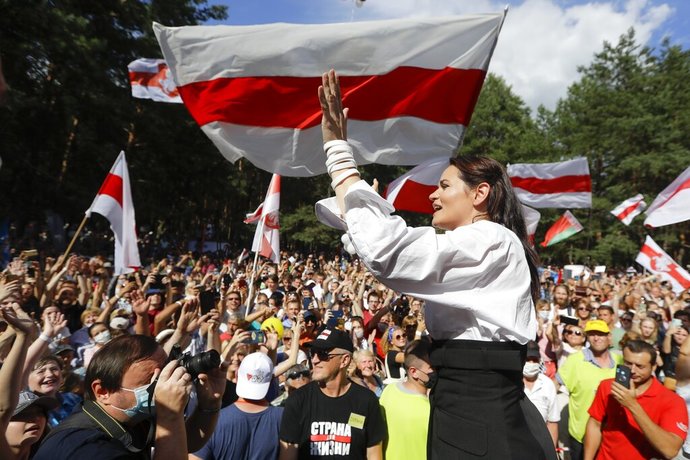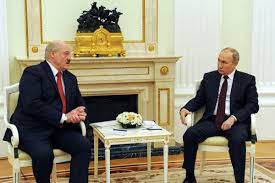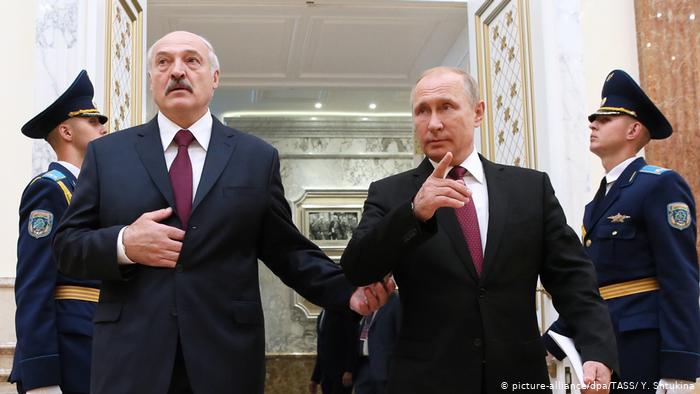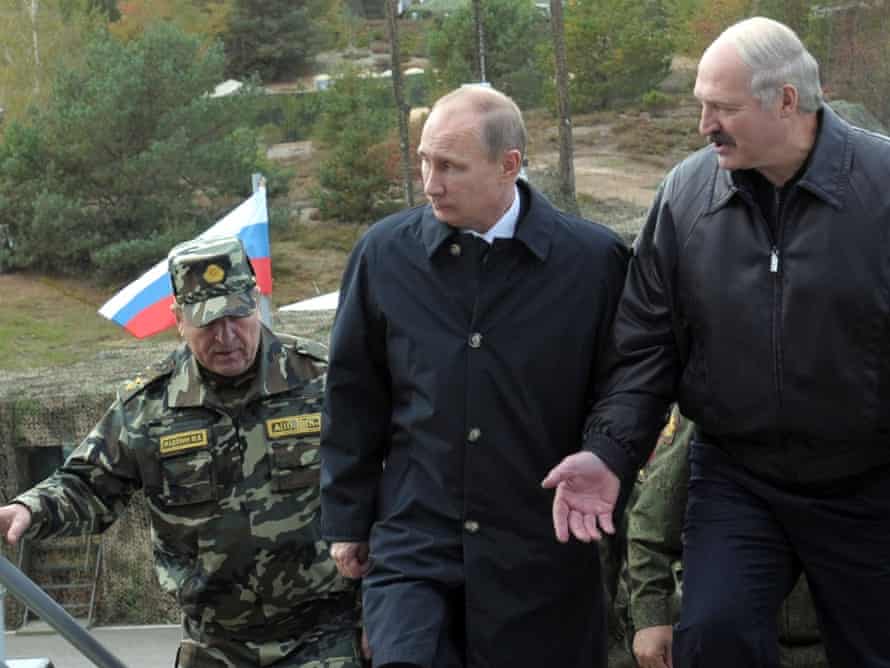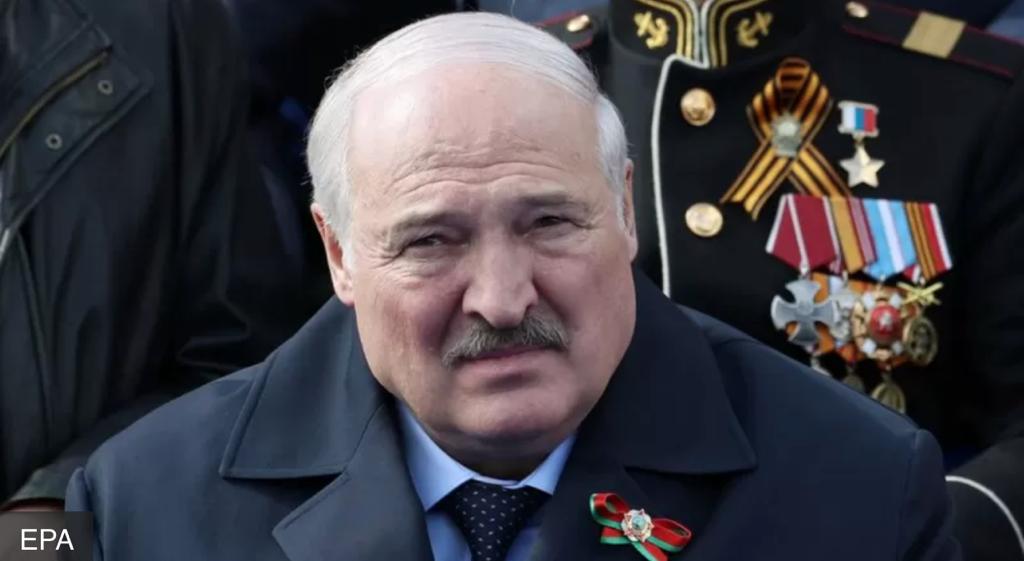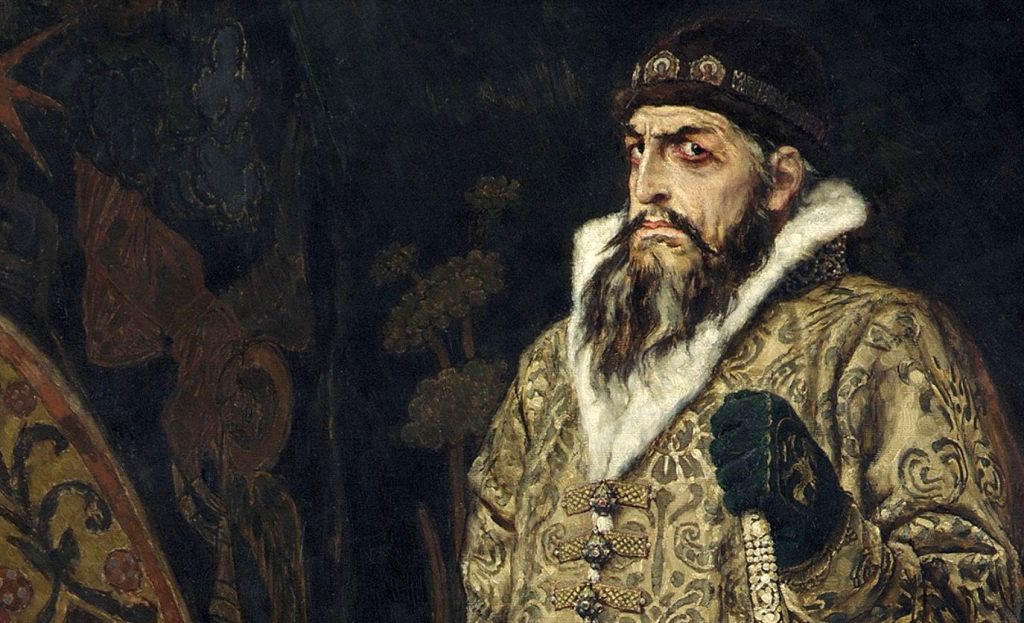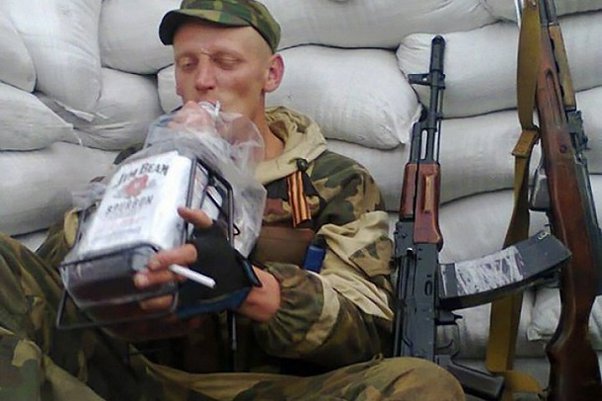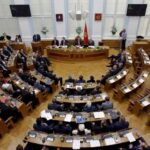The pardon of Sofia Sapega in Belarus with her subsequent handover to the Russian delegation headed by the Primorye Territory governor suggests the completion of the joint special operation by the Belarusian KGB and Russian intelligence. This way, Moscow extracted their agents, using its influence on the Belarusian KGB.
In September 2022, Sapega was denied clemency, and on May 22, 2023, Lukashenko pardoned her boyfriend Roman Protasevich, ex-editor of the high-profile Nexta Telegram channel, who had previously been sentenced to 8 years in a penal colony. His arrest was preceded by a forced landing of a Ryanair passenger jet in Minsk. The decision to pardon Protasevich was made within a staggering two days – truly a unique precedent for Belarus, where the process of this kind would take more than a year. In turn, it took Sapega over six months to secure her pardon. However, her role was secondary so her release required a public decision regarding Protasevich. According to our estimates, Protasevich’s task was to isolate the Lukashenko regime and limit its external contacts, thus increasing its dependence on the Kremlin.
In Russia and Belarus, any prominent opposition activity can only be carried out with the endorsement of the regime – to maintain the illusion of freedom in the country. Otherwise, opposition leaders posing an actual threat to those in power are physically eliminated, as was the case of Nemtsov, Politkovskaya, and Litvinenko in Russia, as well as Zakharenko, Gonchar, and Krasovsky in Belarus.
Unlike Belarus, Russia effectively runs operations to develop pseudo-opposition projects under the control of domestic and foreign intelligence agencies. This allows the Kremlin to expose communication channels between foreign governments and their structures with opposition figures, as well as financing flows to the opposition movements and certain media projects.
Protasevich, who was initially facing death penalty on his charges, remained under alleged house arrest. In 2014, Protasevich was in Ukraine, observing the Maidan events, working as a freelancer for the Russian propaganda outlet LifeNews, the one that was covering the developments in that country through the prism of Russia’s military intelligence and FSB narratives. Meanwhile, the KGB in Minsk, being fully aware Protasevich’s stay in Kyiv during those turbulent days, has largely ignored the fact. After the outbreak of hostilities between Ukraine’s government forces and Russia’s puppet militias in the Donbas, Protasevich claimed he was in the ranks of the far-right Azov Battalion. However, even this didn’t hinder his safe return to Belarus where he faced no arrest, which would be fully natural given all circumstances. After that, until 2019, he even worked quite freely for independent media in Belarus.
Despite being detained by the KGB, he still secured accreditation with the Belarusian Foreign Ministry and permission to travel to Czechia and the U.S. for training, which would be absolutely impossible for anyone in his position if they were not an intelligence asset. After his arrest in Minsk, he almost immediately chose to actively cooperate with the investigation while playing the role of an agent of influence in Russia’s disinformation campaigns. The version about his work for Russian intelligence is indirectly confirmed by the fact that Protasevich’s partner and one of co-founders of the Nexta channel, Mr Chudentsov, was in 2010 involved in the anti-Lukashenko campaign run in Russia’s interests. That’s when the Kremlin decided to restrict Lukashenko’s political independence and his ability to maneuver in relations with Moscow. Another indicator was his engagement with the Nexta project at the time when Moscow stepped up the operation to coerce Lukashenko to become fully loyal in 2019.
The project’s completion and Protasevich’s extraction from the operation is likely due to the mission HQ having achieved the sought result, which is to demonstrate Alexander Lukashenko’s inability to independently ensure security in power circles and the ultimate isolation of the Belarusian regime from western democracies. Sapega was extracted after the operation handlers felt there was no longer any need to provide support for the mission and regularly update them on its progress.
This case confirms the hypothesis that any opposition activity in Russia and Belarus, which continues for some time without any attempts by the government to physically eliminate its champions, is an indirect sign of these figures being involved in intelligence operations.
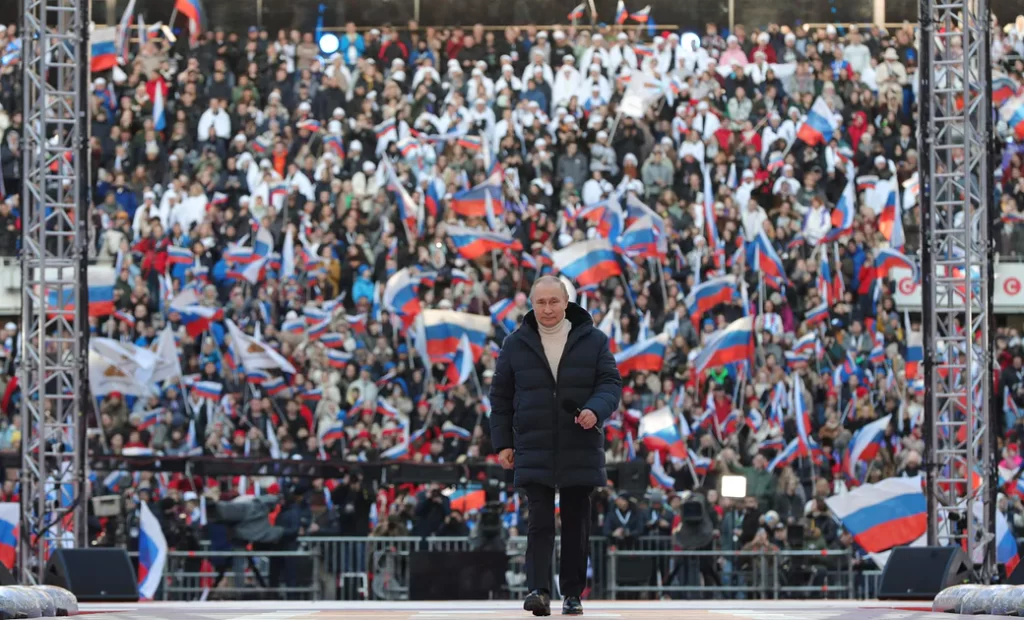
Read also: Neither Putin nor the Russians like freedom
The general assumption that the so-called liberal opposition in Belarus and Russia are independent and capable of making a change in these countries is totally erroneous. The counterintelligence system and overall secrecy reigning over these countries rule out any notable manifestation of dissent, which could pose any threat to the regime. Besides, the population of these countries is not inclined to resonate with anti-government ideas, seeing them as an element of treachery. Therefore, the regime has every opportunity to swiftly identify potential opposition figures, assess the threats they might pose, and minimize potential risks.



